Related projects
How COVID-19 Pandemic influenced Cultural Workers in Southeast Europe – Part 2
The COVID-19 pandemic has created an economic and social crisis that has both revealed and exacerbated already strong trends in many areas of society, while also creating new spaces for reflection and questioning. What are specific trends in the cultural sector that are being exaggerated by the COVID-19 pandemic? What did it mean to go digital for art and cultural
The European Year of Youth – A British Snapshot
At the end of 2021, the European Commission announced that 2022 would be “The European Year of Youth” (defined as people between the ages of 16 to 25). As Mariya Gabriel, commissioner for invocation, research, culture, education and youth, explained, this decision was motivated by “the importance of putting young people in the spotlight and celebrate their resilience after two
Have you heard of ‘booktowns’? A new literary initiative in the town of Calonge, Spain receives funding
During the Covid-19 pandemic many Europeans have (re)discovered a passion for reading books. When presented with an array of items and asked whether these “belonged to culture”, 80% of Europeans in the INVENT survey voiced that they regarded ‘literature’ as definitely belonging to culture. It is not surprising therefore that ‘access to public libraries’ and ‘being able to attend literary
New Danish government budget for 2022 puts research-based knowledge about culture and cultural initiatives on the agenda
With the new 2022 budget plan, the Danish government has announced to finance the establishment and development of a new Institute for Cultural Analysis. “Kulturens Analyseinstitut” will be established as an independent institute, contributing to a better understanding of the importance of culture for the individual citizen and for society as a whole. Research needed to develop the cultural field
New Research Alert: Migration and Online Engagement
Aligning with INVENT’s interests in globalization, migration and online engagement, Geffen, from the Haifa/UK team, has conducted a study on immigrants’ social networks and acculturation strategies in Israel. Her research findings point to significant differences between various migrant ethnic groups in their acculturation styles. The way different immigrants perceive Israel as a host society differs according to the characteristics of
The Challenges of Qualitative Interviewing
Finnish INVENT team member Riie Heikkilä and her colleague Anu Katainen recently published an article in The Sociological Review on the often challenging “counter-talk” in qualitative interviews on cultural practices. They identified three types of counter-talk: resisting the situation, resisting the topic, and resisting the interviewer – arguing that counter-talk should be given more importance as a key element of the qualitative
Article “What is Europe?”
The article “What is Europe? The meaning of Europe in different social contexts in Switzerland” has recently been published in Swiss Political Science Review by Swiss Invent team member Jörg Röss, Georg Datler and Julia Schroedter. They analyzed the meanings that persons associate with Europe for a sample of the population of Switzerland. From this analysis six meaning dimensions emerge,
Trust in authorities during the COVID-19 lockdown in four European countries
Marc Verboord from the Dutch INVENT team published an article together with Sara Grøn Perlstein in PLOS ONE on trust in political authorities in the first COVID-19 lockdown (see full Open Access version at https://journals.plos.org/plosone/article/authors?id=10.1371/journal.pone.0253175 ). The article examines the population response to government containment strategies during initial stages of the COVID-19 pandemic in four high-trust Northern European countries–Denmark, Germany,
Towards a New Intersection of Urban and Culture Theory
On July 2nd and 3rd, Prof. Tally Katz-Gerro the UK-PI, participated in an online conference organized by Zurich University of the Arts, Zurich Centre for Creative Economies, Tokyo University of the Arts, Faculty of Fine Arts Professional College of Arts, and Tourism Embassy of Switzerland in Japan. The conference, titled “Smart Cities and Creativity: Towards a New Intersection of Urban
New Finnish project on the impact of algorithms on the distribution of cultural capital
Finnish INVENT team member Riie Heikkilä’s research project “Redistribution of Cultural Capital in the Era of Algorithms: A Comparative Study of Finnish Libraries” received a four-year funding from the Finnish KONE Foundation and has launched in March 2021. The project focuses on the effects of algorithms and recommendation systems and takes its empirical comparative case from Finnish libraries, of which

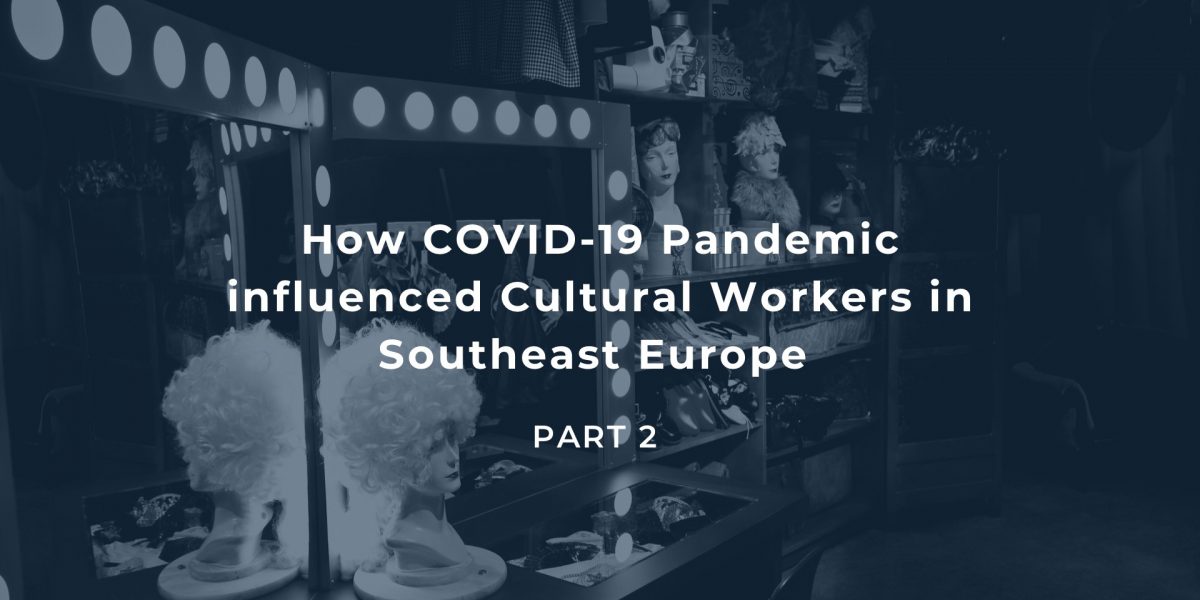
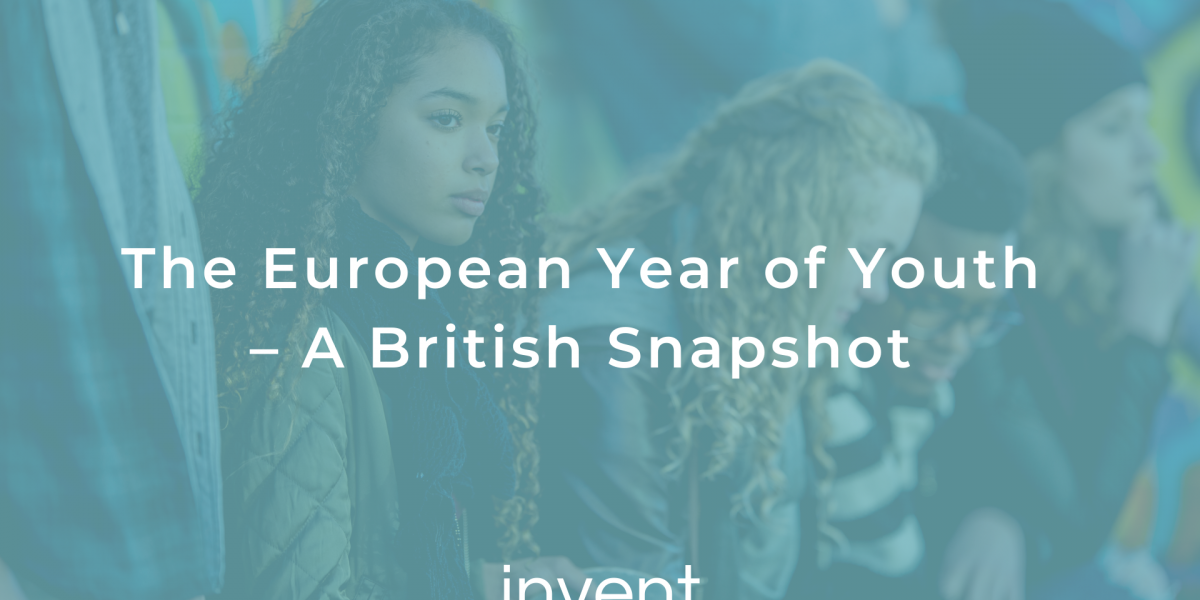
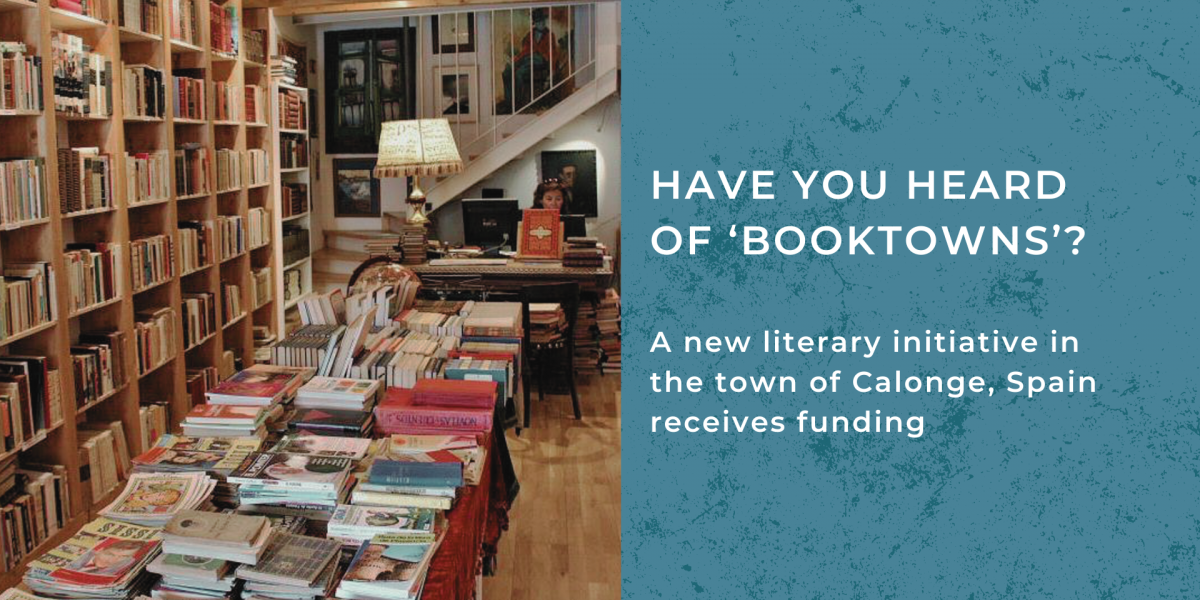
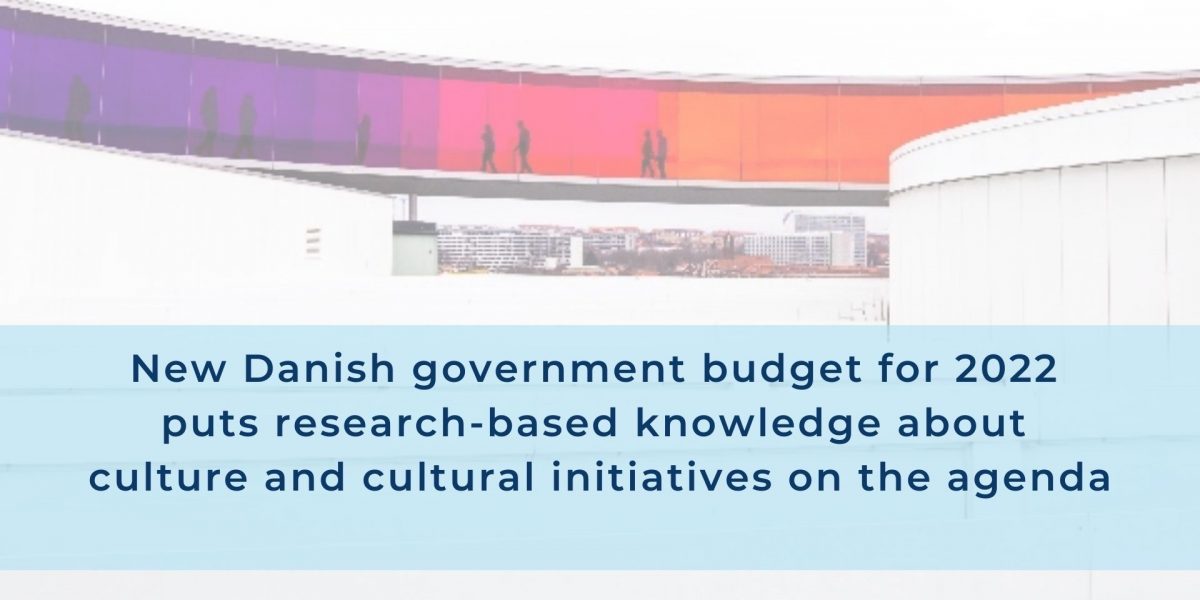
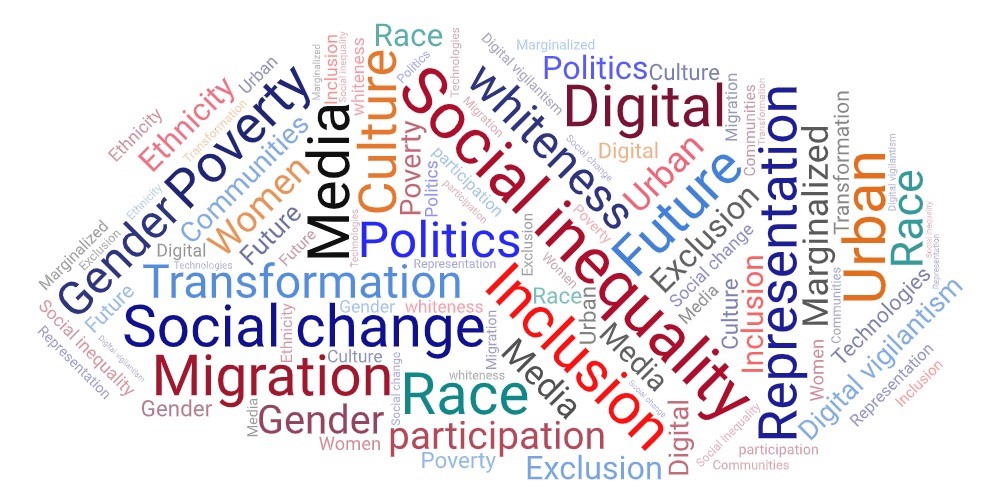
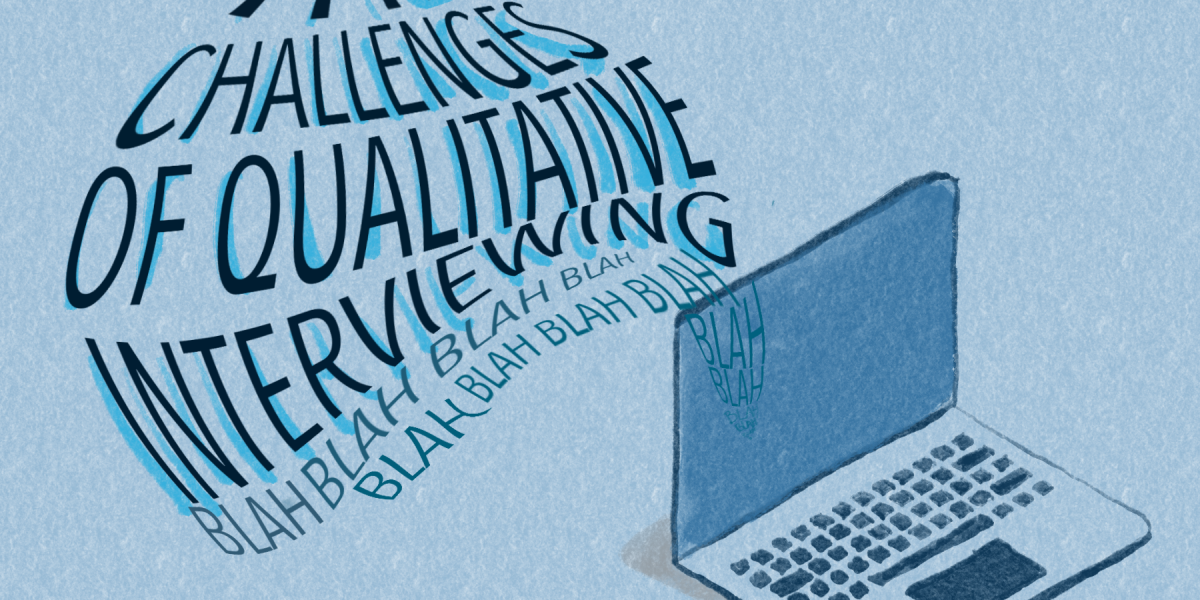

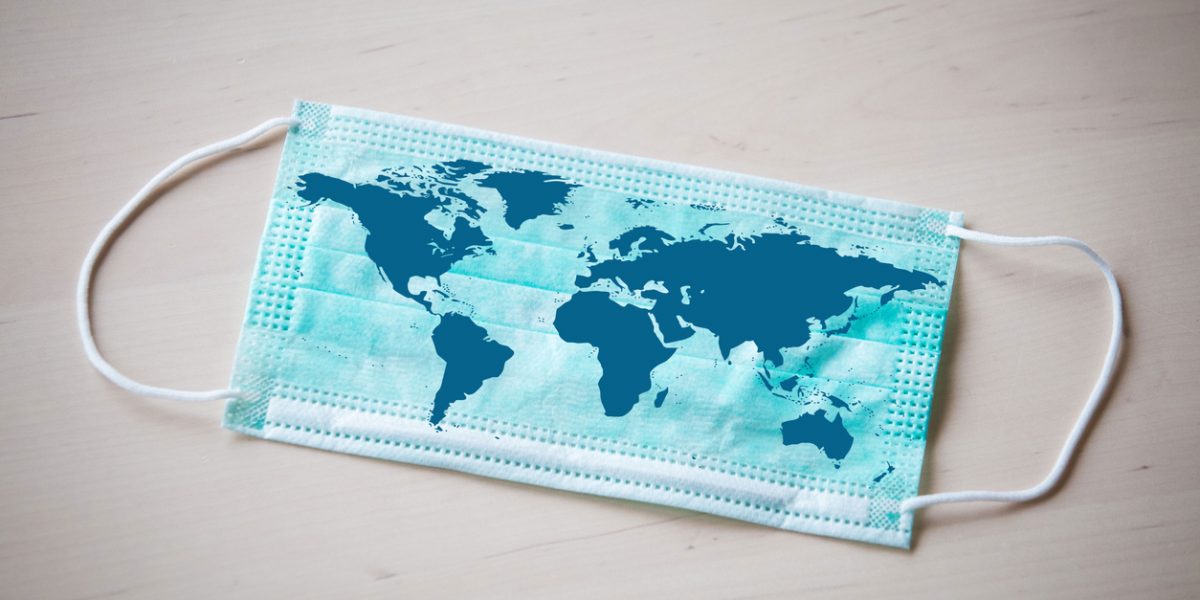
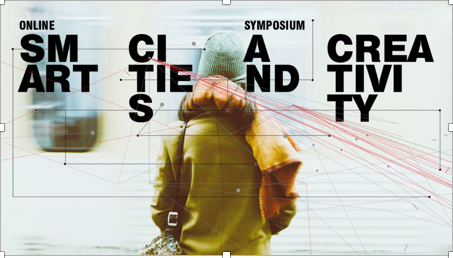


 This project has received funding from the European Union’s Horizon 2020 research and innovation programme under grant agreement No
This project has received funding from the European Union’s Horizon 2020 research and innovation programme under grant agreement No